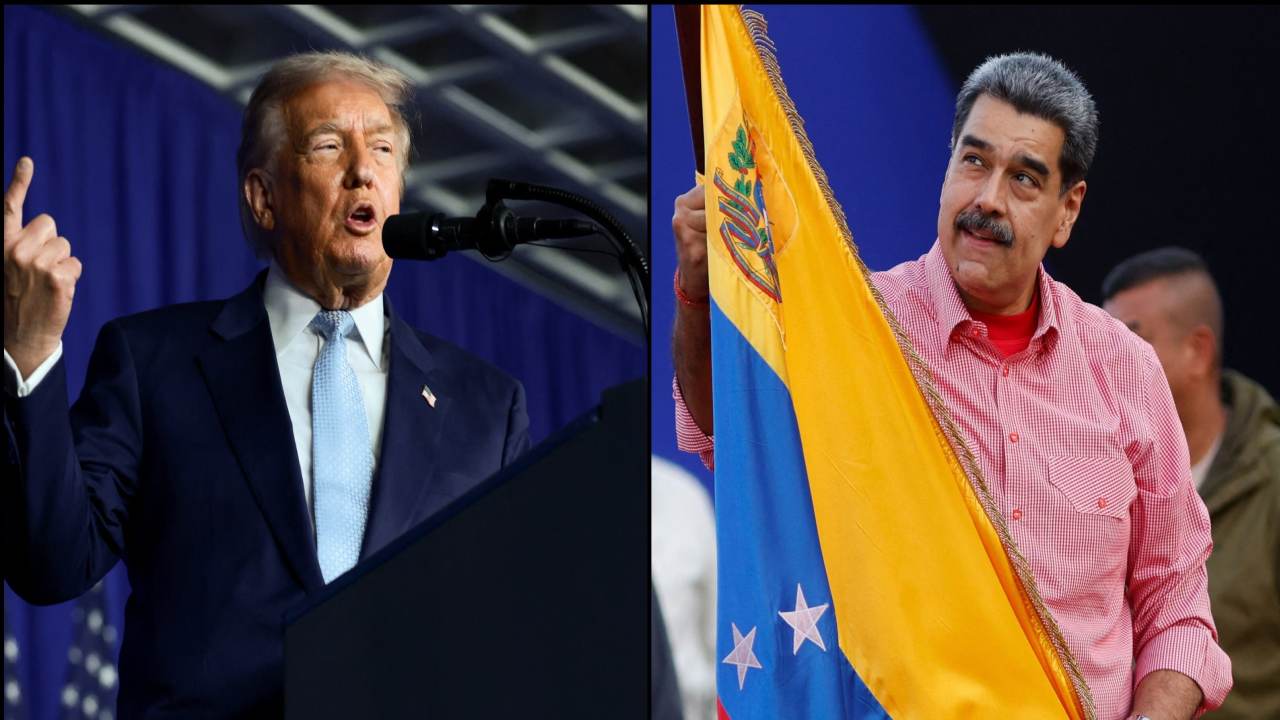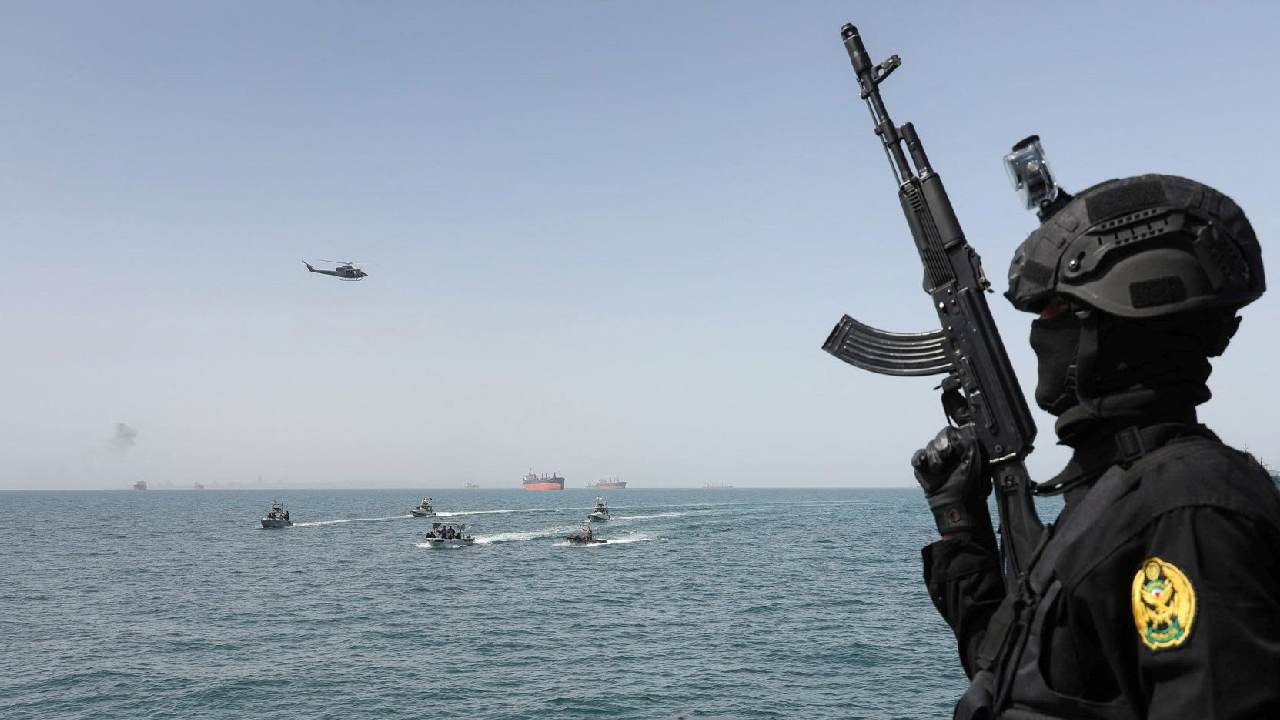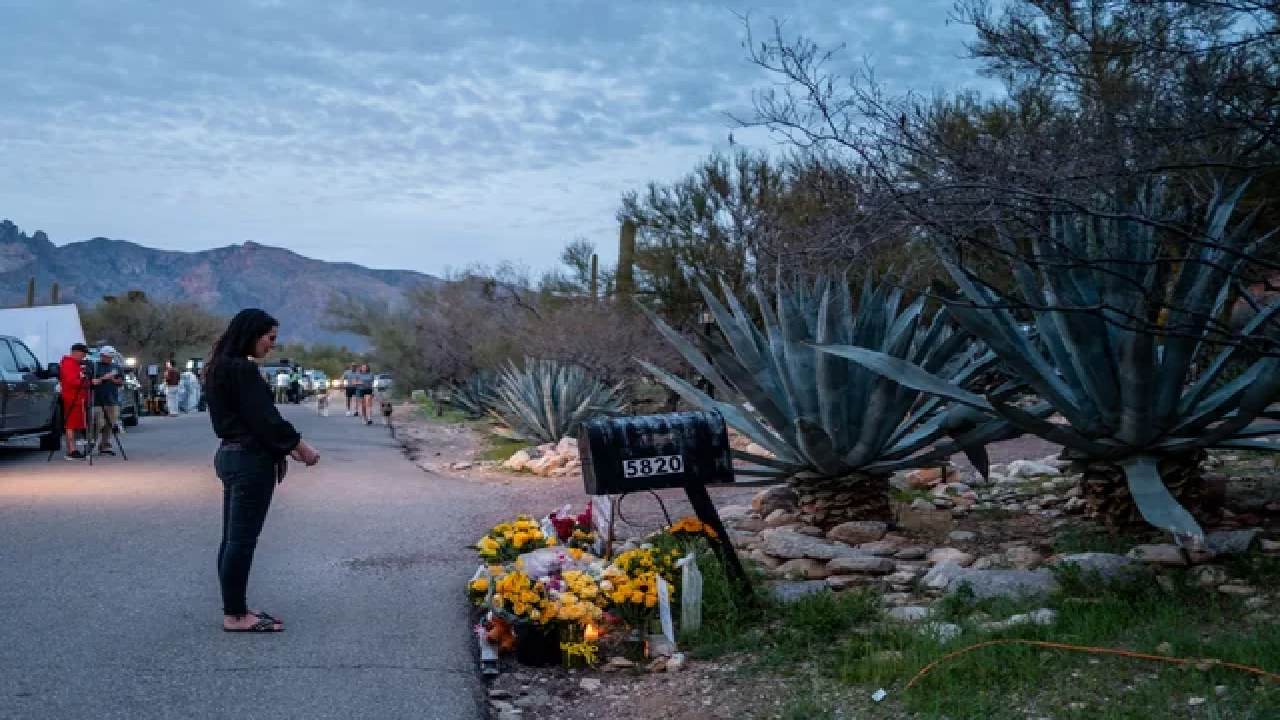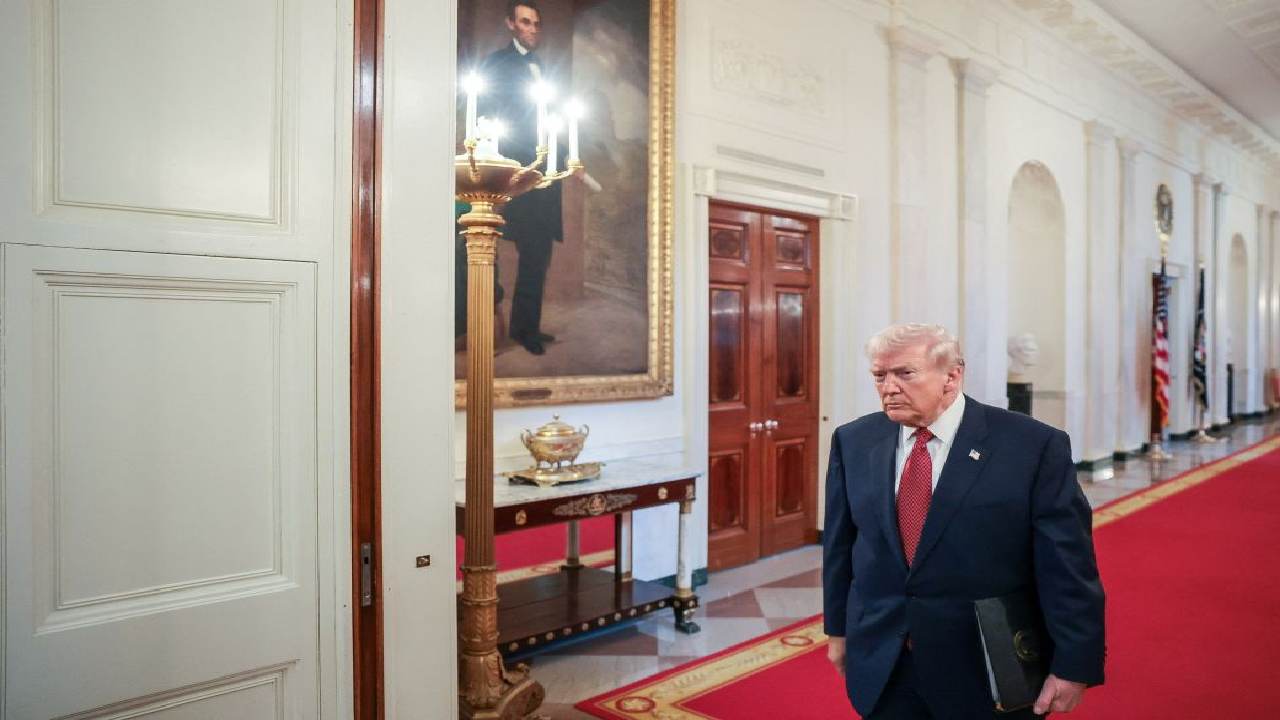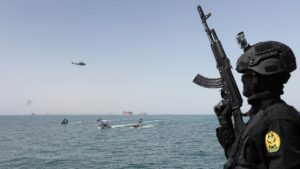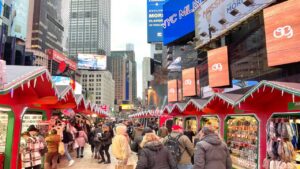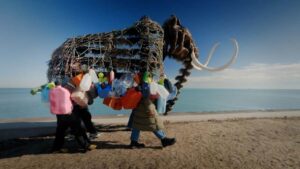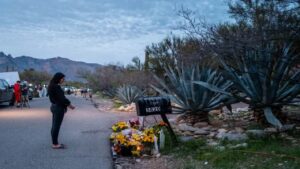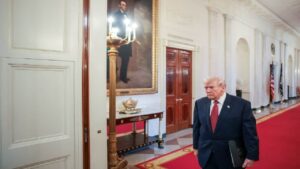Trump maduro designation a Terror Affiliate: A Turning Point in US Venezuela Tensions
Ohana Magazine – The trump maduro designation marks a sharp shift in US foreign policy. The Trump administration officially labeled Nicolás Maduro and several allies as connected to a foreign terrorist organization. This step gives Washington wider authority to freeze assets and apply heavier sanctions. Even though the ruling does not directly allow lethal force, it strengthens US leverage in the region. As tensions rise, many analysts fear the move could trigger a chain of rapid responses. Others believe the designation is designed to pressure the Venezuelan government without starting a direct conflict. Either way, the political message is clear: the United States is preparing for a tougher stance.
The Controversial “Cartel de los Soles” Allegations
The trump maduro designation focuses on a group known as “Cartel de los Soles.” Experts describe it not as a structured cartel, but as a loose network of military officials accused of drug trafficking. The Venezuelan government denies the allegations and insists the group does not exist. However, US officials argue that the network has operated for years inside key state institutions. This dispute makes the designation even more politically charged. Many observers believe the accusations reflect a deeper crisis inside Venezuela. Meanwhile, the new label allows US agencies to target individuals tied to corruption or drug routes connected to the state.
“Read More : Why Britain’s Child Poverty Crisis Is Deepening Despite Its National Wealth“
Operation Southern Spear and the Military Presence
The trump maduro designation arrives as the US launches Operation Southern Spear. This mission sends more than a dozen warships and 15,000 troops into the Caribbean. US forces have already destroyed several drug boats, resulting in numerous deaths. These actions raise concerns about a possible escalation. Officials insist the operation is focused on drug trafficking, yet the timing intensifies speculation. With the designation in place, the military presence gains new meaning. For many Venezuelans, the buildup feels like a warning. For regional leaders, it signals that Washington is ready to use stronger tools if needed.
Options on the Table for the Trump Administration
The trump maduro designation gives the White House several options. Trump has been briefed on strategies ranging from targeted strikes to special operations raids. The administration has not ruled out any course of action, including doing nothing. At the same time, public opinion is largely against military intervention. A recent CBS News/YouGov poll shows that 70% of Americans oppose direct action. This creates a political challenge for the president. He must balance domestic concerns with pressure from advisors who favor a harder line. As a result, the administration’s next move remains uncertain.
“Read More : In Your Head, You Count Every Day’: Former October 7 Hostage Reflects on Two Years in Captivity“
Diplomatic Signs Appear Amid Rising Tension
The trump maduro designation does not close the door on diplomacy. Trump recently said that Maduro “would like to talk,” and he suggested he might speak with him “at a certain time.” This comment surprised many observers. It shows that despite rising tension, channels for dialogue still exist. However, diplomatic efforts compete with strong military signals. US aircraft, including a B-52 bomber and F/A-18E fighter jets, were seen flying near Venezuela’s coast. These moves send mixed messages. While diplomacy seems possible, pressure continues to build around Venezuela’s borders.
Regional Effects and Airline Suspensions
The trump maduro designation has immediate effects across the region. Several international airlines suspended flights from Venezuela after the US Federal Aviation Administration warned of danger in the area. This isolation adds more strain to an already fragile country. In Puerto Rico, senior US military leaders visited troops supporting operations in the Caribbean. Their visit highlights how important this mission has become for Washington. However, humanitarian groups worry the increased military activity will complicate aid efforts. For families already living through shortages, the tension adds fear to daily life.
